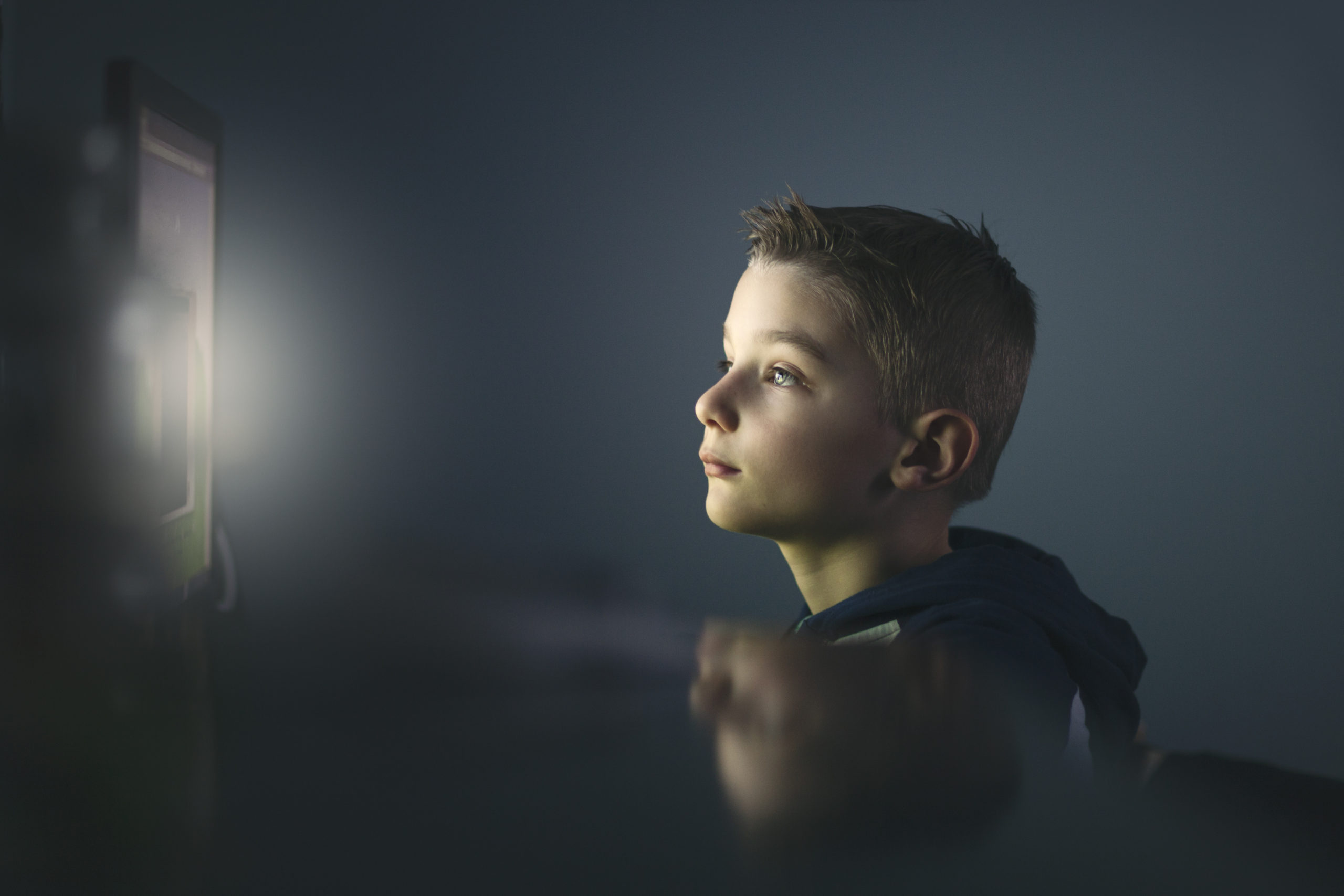The worldwide lack of affordable housing can only be resolved politically.
Liberty Falling

Social media fosters a reduced preference for freedom.
Surgeon General Vivek Murthy recently sounded the alarm on the “profound risk” posed by social media platforms to the mental health and well-being of children across the country. Murthy believes that “immediate action” must be taken to protect children. He’s right. Multiple studies clearly demonstrate the association between heavy social media use and an increased risk for anxiety, depression, loneliness, and even suicidal thoughts.
According to a new paper published in Psychological Reports, heavy social media use is also associated with a reduced preference for freedom. According to the authors of the paper, two psychologists based at Swansea University, a public research university in Wales, habitual social media users may use platforms like TikTok and Instagram to escape from the challenges and unpredictable nature of the real world.
The authors discuss users’—particularly younger users—burning desire for constant social media-driven stimulation, the negative feelings associated with excessive social media engagement, and how these negative feelings affect one’s desire to be truly free.
Before discussing the link between social media dependency and a reduced preference for freedom, it’s important to realize just how bad the dependency problem is. Millennials, those born between 1981 and 1996, compulsively check their social network profiles, spending an average of three-and-a-half hours online every day. That works out to one full day every week, four days per month—and 48 days per year. When it comes to compulsive social media use, Millennials are bad. But the generation after them is even worse. Gen Zers spend an average of four hours on social media every day. That’s five days each month—and 60 days per year.
The word addiction often gets thrown around recklessly. But it’s safe to say that millions of Millennials and Gen Zers are addicted to social media. Addiction is strongly associated with a number of mental health issues, including depression and anxiety.
The authors of the paper note that young users often look to digital technology to reduce or avoid stress. Instead, many users end up becoming more stressed. But due to the addictive nature of this technology, they find themselves unable to break the vicious cycle. They are victims of a digital dystopia that continues to grow in power and scope.
But how does any of this affect a person’s views of freedom?
In particular, the authors identify a strong association between heavy social media use, intolerance of uncertainty (IOU), and experiential avoidance. IOU, a set of negative beliefs about uncertainty and the tendency to react unfavorably to uncertain situations and events, is inextricably linked with experiential avoidance, which involves the tendency to avoid distressing emotions, thoughts, memories, and situations. As the authors note, experiential avoidance fuels impulsive choices and a number of behavioral disorders, including digital dependence. Interestingly, IOU “influences individuals to view situations involving multiple alternatives as unacceptable.” It results in heavier social media use, increased anxiety, and an outright rejection of freedom.
Younger generations tend to be less tolerant than previous generations. They are more likely to support greater levels of government interference in the lives of citizens and are also considerably less likely to support free speech policies and more likely to support Socialism and Marxism than members of previous generations. In many ways, they are vehemently opposed to various forms of freedom.
As users spend increased amounts of time in these chambered digital ecosystems, they become more anxious, which increases the risk of an individual walling him or herself off from broader society. Anxious individuals abhor uncertainty and avoid circumstances they perceive could be potentially threatening. A free society, on the other hand, embraces uncertainty.
As one of the authors of the study, Dr. Phil Reed, told me, “people seem to be more anxious about ‘things in general,’ so they seek ‘an escape from a situation over which they have little control anyway.’” “This study,” she added, “found that those people who have high levels of worry and anxiety tend to use social media a lot more than those who do not.” Moreover, “they also prefer not to have choice but to be in situations where the options are laid out for them, rather than choosing them themselves.”
If one has more interest in spending time in the digital world rather than the real one, then it makes sense why the idea of freedom would lack appeal. This should worry all readers.
According to a new report by the Cato Institute, three in ten Americans under 30 now favor “the government installing surveillance cameras in every household to reduce domestic violence, abuse, and other illegal activity.”
This is not normal. This desire for more surveillance—more government interference in our lives—is a product of our dysfunctional times.
Which leaves us asking: What, if anything, can be done?
There is no easy answer here. First and foremost, there is an onus on parents to ensure that their children don’t spend inordinate amounts of time locked away in their hermetic chambers, doom scrolling their lives away. Children from an early age must be encouraged to leave their rooms, to socialize with other children in real world environments, and to participate in “normal,” everyday life. They must be repeatedly awoken from their digital comas. This is the only solution to an ever-escalating problem. Children must be taught that freedom is something to be cherished, something to be actively pursued and celebrated. To lose freedom is to lose life. Liberty is not just falling; it’s nosediving. Action is needed. Now is the time for parents to step up, take charge, and rescue their children from tumbling into the abyss.
The American Mind presents a range of perspectives. Views are writers’ own and do not necessarily represent those of The Claremont Institute.
The American Mind is a publication of the Claremont Institute, a non-profit 501(c)(3) organization, dedicated to restoring the principles of the American Founding to their rightful, preeminent authority in our national life. Interested in supporting our work? Gifts to the Claremont Institute are tax-deductible.
The DOJ’s charges against Ricky Vaughn show contempt for the rule of law.
Progressive posturing in NYC creates a standard of savage permission.
The state of play in the scramble for digital order.
How your phone ate your life.
Yes, social media really is that dangerous.






